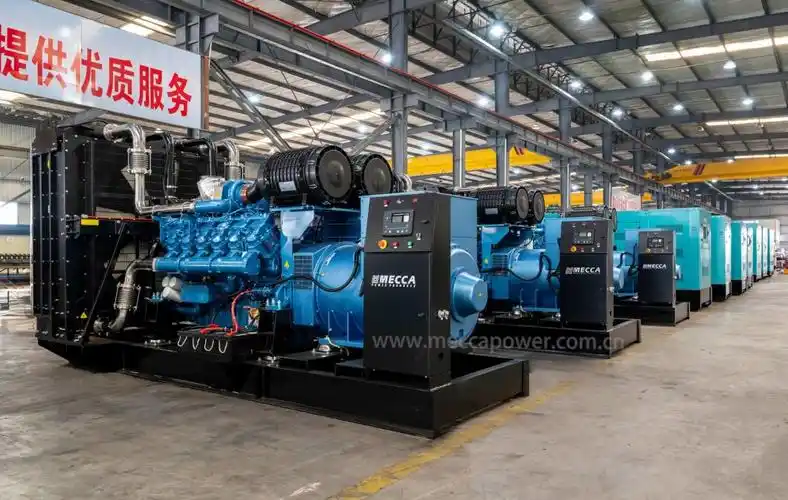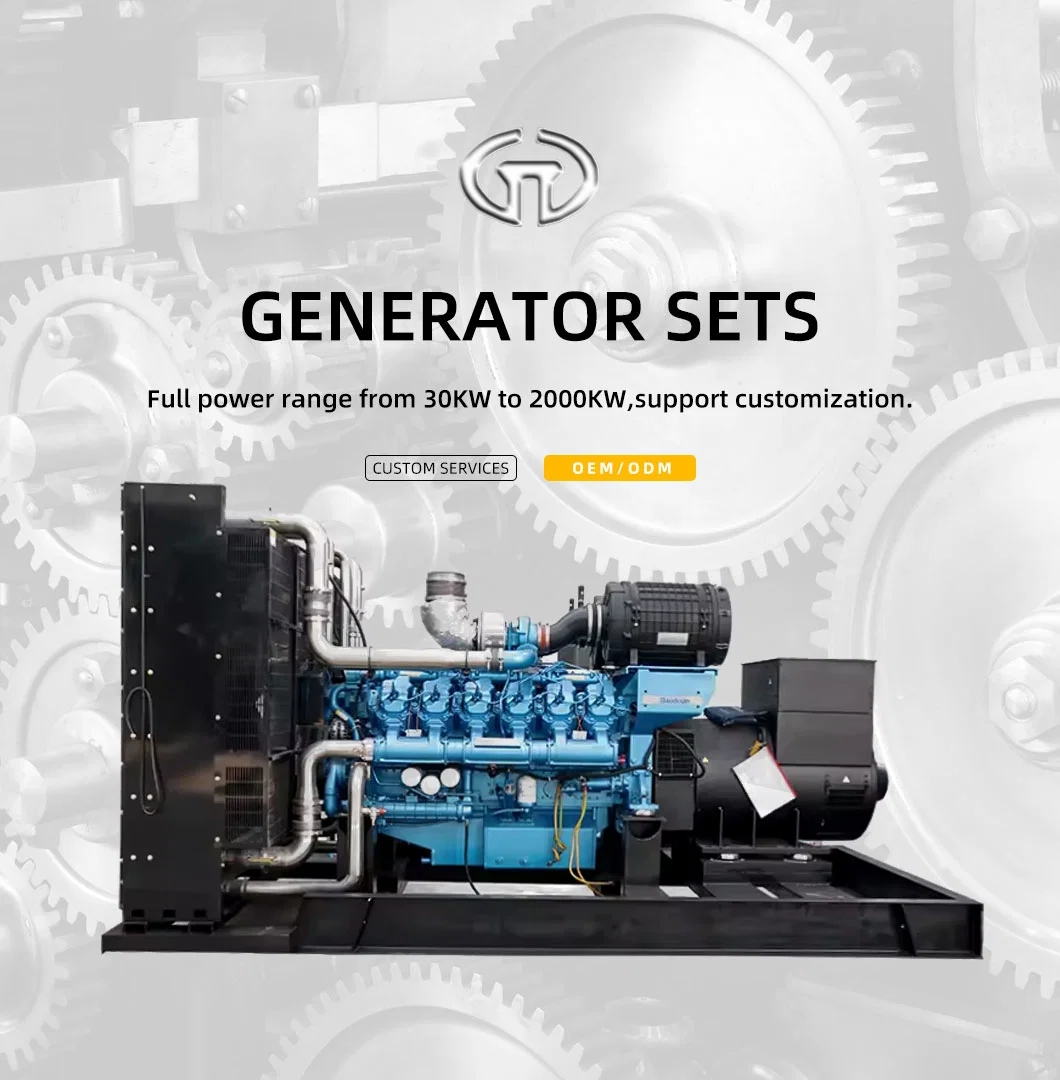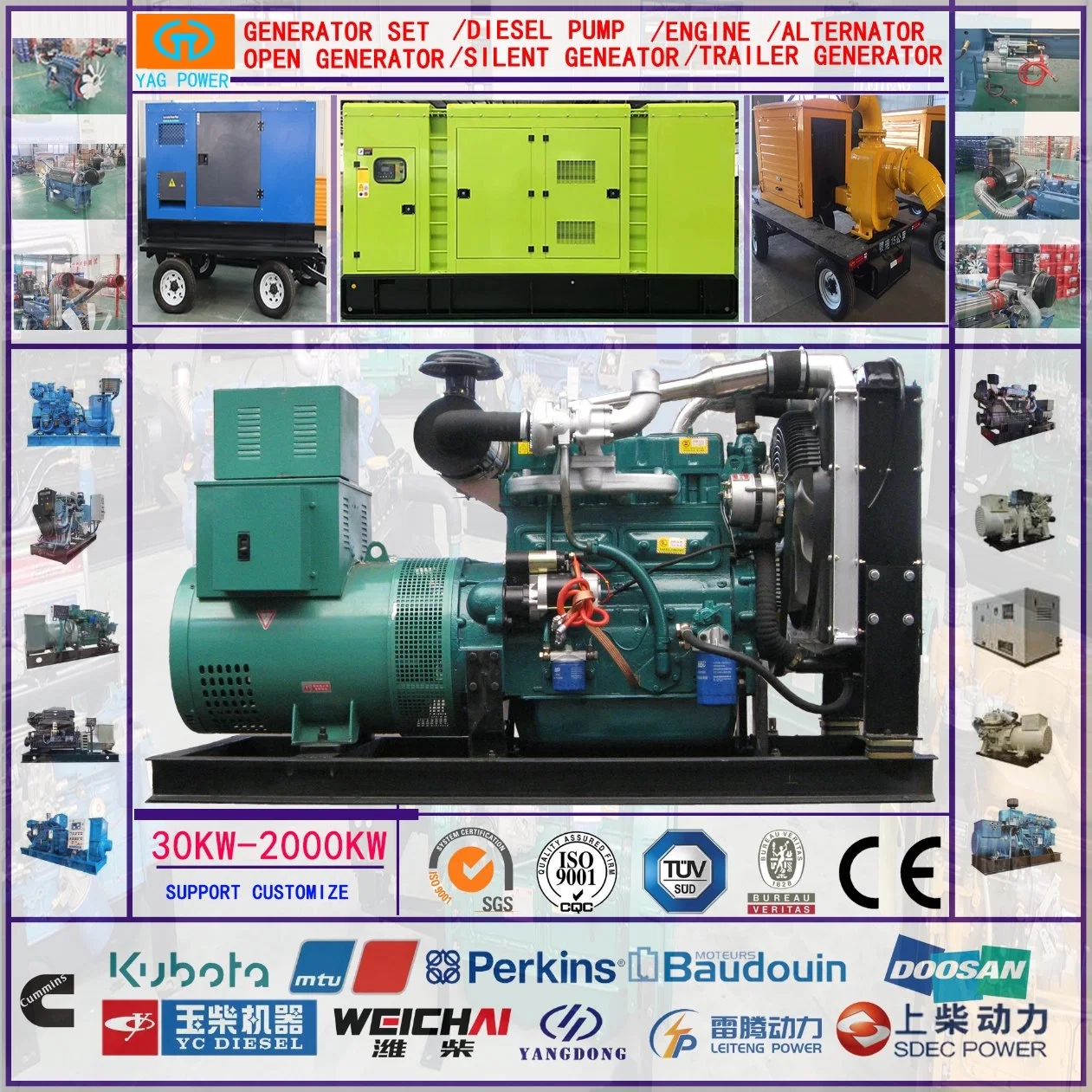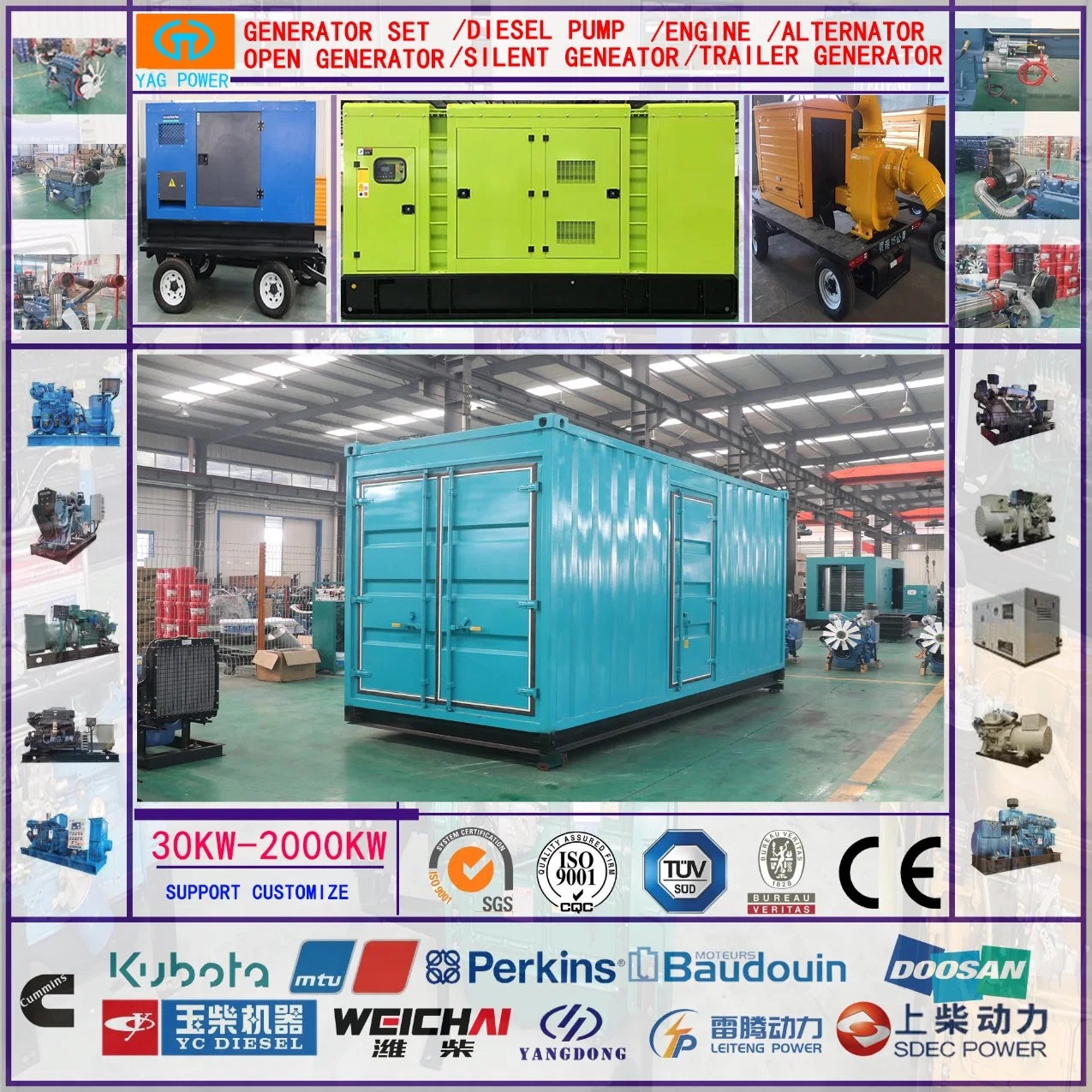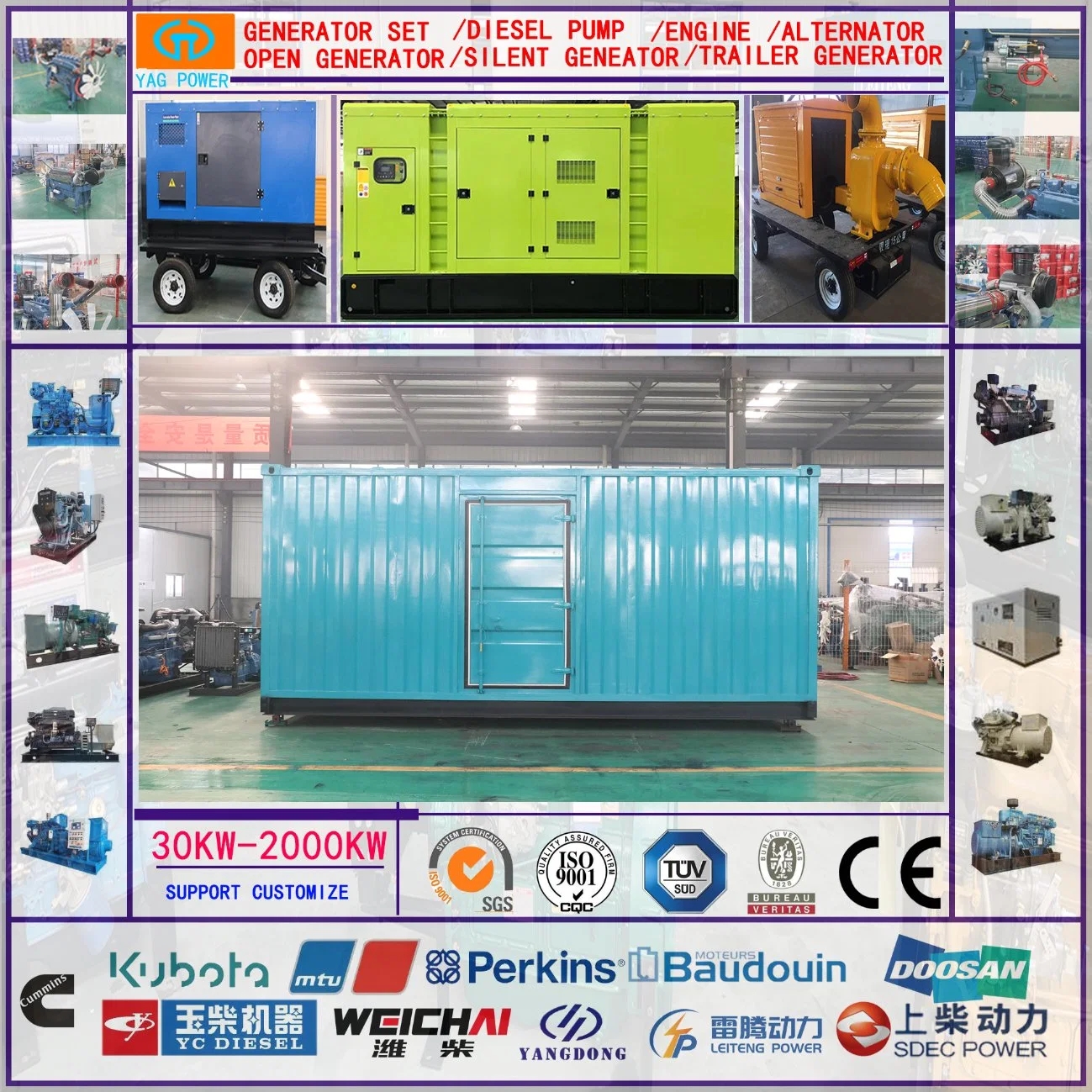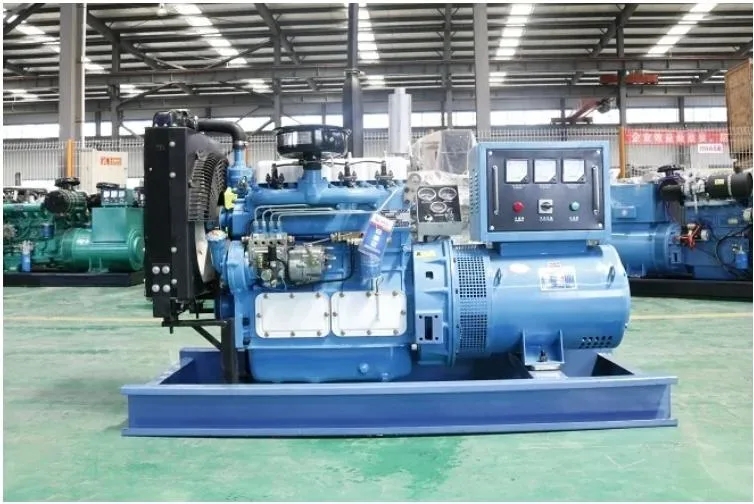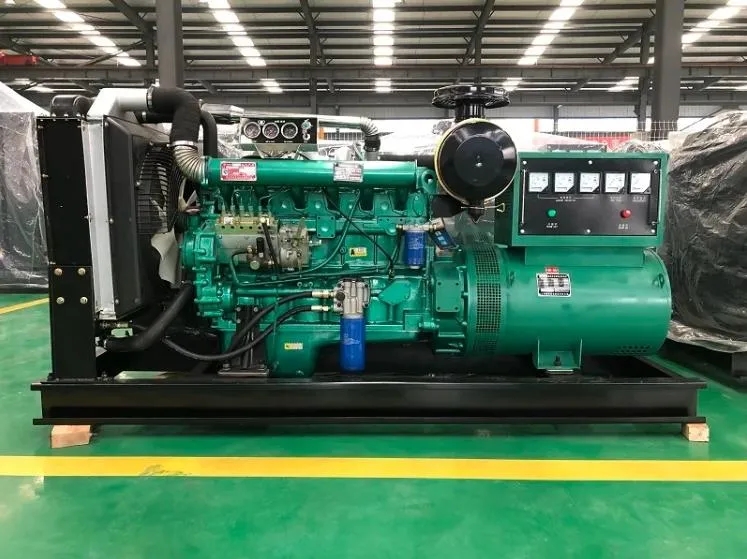Table of Contents
Toggle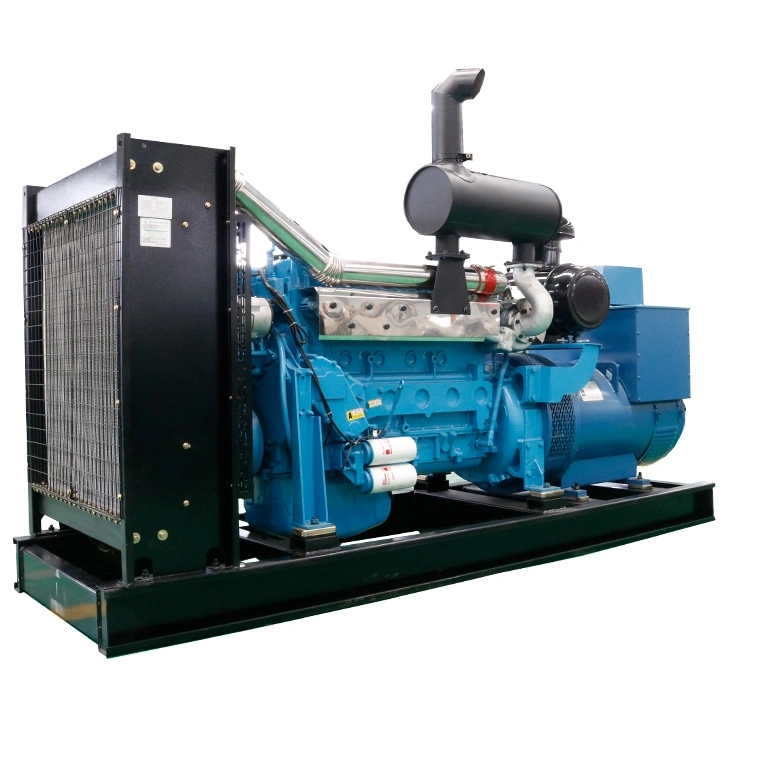
In today’s dynamic industrial landscape, choosing the right diesel engine is paramount for ensuring optimal performance, efficiency, and longevity. This intricate decision-making process demands a meticulous understanding of your specific requirements, coupled with an in-depth knowledge of the latest technological advancements. Whether you’re navigating the marine realm, tackling heavy-duty industrial operations, or seeking automotive excellence, this comprehensive guide will equip you with the insights necessary to make an informed choice tailored to your unique needs.
Decoding Your Requirements: The Foundation of Informed Decision-Making
Before embarking on your quest for the perfect diesel engine, it is crucial to meticulously assess your operational demands. Each application presents distinct challenges, necessitating varying power outputs, sizes, and fuel efficiencies. For instance, marine applications prioritize reliability and compact power to withstand harsh sea conditions, while industrial engines may require higher power outputs for heavy-duty operations. Automotive engines, on the other hand, focus on fuel efficiency and emissions compliance.
Identifying Your Power and Torque Needs
Power output and torque are pivotal factors that demand careful consideration. Power, measured in horsepower (HP) or kilowatts (kW), reflects the engine’s capability to perform work, while torque measures the force it can generate to turn a shaft or propeller. Higher horsepower is essential for speed, while torque is the key to towing and carrying heavy loads. Aligning the engine’s power and torque specifications with your application’s demands is crucial for optimal performance.
Fuel Efficiency: Striking the Right Balance
Diesel engines are renowned for their fuel efficiency, a significant consideration that can substantially impact operational costs over time. Fuel efficiency is particularly critical in applications like long-haul transportation or continuous industrial operations, where fuel costs can accumulate rapidly. Evaluating the engine’s fuel consumption under typical operating conditions will enable you to estimate ongoing expenses accurately.
Embracing Environmental Stewardship: Emissions and Regulations
In the era of heightened environmental awareness, choosing a diesel engine that aligns with current emissions regulations is imperative. Many regions have implemented strict standards to mitigate environmental impact, such as the U.S. Environmental Protection Agency (EPA) or the European Union’s Euro standards. Advanced diesel engines are now equipped with cutting-edge technologies like selective catalytic reduction (SCR) and exhaust gas recirculation (EGR) to reduce harmful emissions significantly.
Durability and Reliability: Cornerstones of Operational Excellence
The durability and reliability of a diesel engine are paramount, especially for applications that demand continuous or rugged use. High-quality engines designed with robust materials and engineered to withstand harsh operating conditions will offer longer service life and reduced downtime. Evaluating the engine’s design and construction features, as well as considering manufacturers with a strong reputation for reliability, is essential.
Maintenance and Support: Ensuring Seamless Operations
Regular maintenance is crucial for optimal performance and longevity, making it essential to consider the maintenance requirements and availability of support for your chosen engine. Look for engines with accessible parts and straightforward servicing needs. Additionally, ensure a reliable network of service centers or technicians is available to provide prompt support when needed.
Size and Weight: Tailoring the Perfect Fit
The physical size and weight of a diesel engine can be critical factors depending on the application. In marine and automotive contexts, where space is often at a premium, compact engines that do not sacrifice power are invaluable. Industrial applications may have more flexibility in size, but the engine’s footprint in the available space should still be considered.
Cost Considerations: Balancing Initial Investment and Long-Term Value
While the initial purchase price is an important consideration, it is equally crucial to evaluate the total cost of ownership. This includes maintenance expenses, fuel consumption, and potential downtime costs. Investing in a more expensive engine upfront can sometimes save money in the long run due to lower operational costs and higher reliability.
Embracing Innovation: Technological Advancements in Diesel Engine Design
The diesel engine industry is constantly evolving, with manufacturers introducing innovative technologies and features that enhance performance, efficiency, and emissions control. Advancements such as turbocharging, advanced fuel injection systems, and electronic controls can offer significant benefits. Choosing an engine that incorporates these cutting-edge technologies can provide a competitive edge and future-proof your investment.
Selecting the Right Manufacturer: A Partnership for Success
Choosing the right diesel engine manufacturer is as crucial as selecting the engine itself. Look for companies with a strong history in diesel engine production, offering comprehensive warranties and exceptional customer support. Manufacturers who invest in research and development to continuously improve their engines are often the ones leading the market in reliability and efficiency.
Understanding the Fundamentals: How Diesel Engines Operate
To truly appreciate the nuances of diesel engine selection, it is essential to grasp the fundamental principles that govern their operation. Unlike their gasoline counterparts, diesel engines rely on compression ignition, a process in which the air is compressed to such high temperatures that the injected fuel ignites spontaneously.
The Intricate Dance of Air and Fuel
In a diesel engine, air enters the cylinder during the intake stroke, and as the piston moves upward, the air is compressed to a fraction of its original volume, resulting in a significant temperature increase. At the precise moment, diesel fuel is injected into this superheated air, igniting and forcing the piston downward, generating mechanical power.
The Turbocharger: A Game-Changer in Diesel Performance
Turbochargers play a pivotal role in diesel engine performance, utilizing the exhaust gases to drive a turbine that compresses the incoming air. This compressed air increases the volume of air entering the engine, laying the foundation for more efficient combustion and higher power output. Turbochargers contribute significantly to the impressive torque-to-horsepower ratios that diesel engines are renowned for.
Exploring Combustion Chambers: The Heart of the Diesel Engine
The combustion chamber design is a critical factor that influences the efficiency and reliability of a diesel engine. The most commonly used design is the “Mexican Hat,” which features a recessed hole in the center of the piston with a cone-shaped protrusion. This design optimizes fuel atomization and ensures a controlled combustion process, contributing to the exceptional reliability of diesel engines.
Direct Injection: Maximizing Efficiency and Performance
Direct injection systems, where the injectors spray fuel directly onto the piston, have revolutionized diesel engine performance. By eliminating the need for fuel to travel through the intake manifold, the combustion process is quicker, simpler, and more efficient than in traditional multi-port fuel injection systems. Direct injection diesels also operate at leaner air/fuel ratios, further enhancing fuel efficiency.
Timing and Combustion: The Heartbeat of Diesel Power
While the term “timing” is often used in both gasoline and diesel engine contexts, it carries different meanings. In a gasoline engine, timing refers to the start of combustion, whereas in a diesel engine, it refers to the start of injection (SOI) – the precise moment when the injector begins spraying fuel into the cylinder. Understanding this nuance is crucial, as it highlights the central role played by the fuel injection system in diesel engine operation.
Harnessing the Power of Torque
One of the most remarkable characteristics of diesel engines is their ability to generate impressive amounts of torque. The torque-to-horsepower ratio in diesel engines rarely falls below 2:1 and can reach 4:1 in heavy-duty industrial applications, significantly higher than their gasoline counterparts. This exceptional torque output stems from three key factors: the boost created by the turbocharger, the long stroke design of the crankshaft, and the high cylinder pressures generated during combustion.
Overbuilt for Endurance: The Rugged Construction of Diesel Engines
The extreme cylinder pressures, long strokes, and high boost levels inherent in diesel engines necessitate a rugged construction to withstand the tremendous stresses imposed on their components. Manufacturers employ heavy-duty materials such as deep-skirt cast-iron or compacted graphite iron blocks, forged-steel crankshafts and connecting rods, and cylinder heads with multiple head bolts per cylinder. In heavy-duty applications, even all-steel pistons are used to ensure longevity.
Longevity and Reliability: The Hallmarks of Diesel Engines
The robust construction of diesel engines contributes to their legendary longevity and reliability. It is not uncommon for small displacement diesels to retain their factory cross-hatching in the cylinders after 300,000 miles of use. Over-the-road Class 8 engines routinely achieve 750,000 to 1,000,000 miles between overhauls, a testament to their durability.
The Marine Environment: Unique Considerations for Diesel Engine Selection
When selecting a marine diesel engine, several unique factors must be considered. The reliability of the engine is paramount, as a loss of power while at sea can put lives in danger. Ease of maintenance is also crucial, as most marine diesel engines incorporate emission control technologies that can make servicing more complex.
Balancing Power and Weight: The Marine Conundrum
In the marine environment, striking the right balance between engine weight and power output is essential. Newer models with higher volumetric efficiency are generally preferred, as they offer improved power-to-weight ratios. Additionally, the engine room layout and available space for maintenance should be carefully evaluated to ensure accessibility and ease of service.
The Future of Diesel: Embracing Efficiency and Sustainability
As the world shifts towards a more sustainable future, diesel engines are poised to play a pivotal role in meeting stringent fuel economy and emissions standards. With the buzz around hybrid cars seemingly plateauing and electric vehicles still grappling with range limitations, more manufacturers are turning to diesel power plants as a viable solution.
Fuel Economy and CAFE Standards: The Diesel Advantage
Diesel engines offer a significant fuel economy advantage over their gasoline counterparts, making them an attractive option for meeting Corporate Average Fuel Economy (CAFE) standards. As these standards continue to tighten, the inherent efficiency of diesel engines will become increasingly valuable.
Emissions Reduction and Clean Diesel Technologies
Advancements in clean diesel technologies, such as selective catalytic reduction (SCR) and diesel particulate filters (DPFs), have significantly reduced emissions from diesel engines. These technologies, combined with optimized combustion and fuel injection systems, have made modern diesel engines a viable choice for environmentally conscious consumers and industries.
Seek Expert Guidance: Navigating the Complexities of Diesel Engine Selection
Choosing the right diesel engine is a multifaceted decision that requires careful consideration of numerous factors. While this comprehensive guide provides a solid foundation, seeking expert advice can be invaluable in navigating the complexities of engine selection.
Leveraging Industry Expertise
Consulting with experienced professionals who have a deep understanding of the diesel engine market, industry trends, and application-specific requirements can provide invaluable insights. These experts can offer tailored recommendations, taking into account your unique operational demands, budget constraints, and long-term goals.
Partnering for Success
Remember, the investment in a diesel engine extends far beyond the initial purchase. It is about securing efficient, reliable performance that aligns with your operational demands and long-term objectives. By leveraging expert resources and conducting thorough research, you can make an informed decision that ensures your investment is sound, sustainable, and perfectly suited to the unique challenges of your application.
In conclusion, selecting the right diesel engine is a critical decision that demands a comprehensive understanding of your requirements, the latest technological advancements, and the nuances of engine operation. By embracing environmental stewardship, prioritizing durability and reliability, and aligning with your specific power and torque needs, you can unlock the full potential of diesel power. With this comprehensive guide as your foundation, and the support of industry experts, you can confidently navigate the complexities of diesel engine selection, ensuring optimal performance, efficiency, and longevity for your operation.




